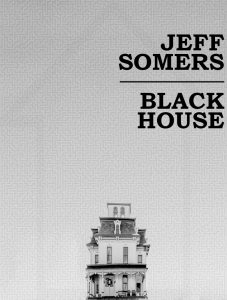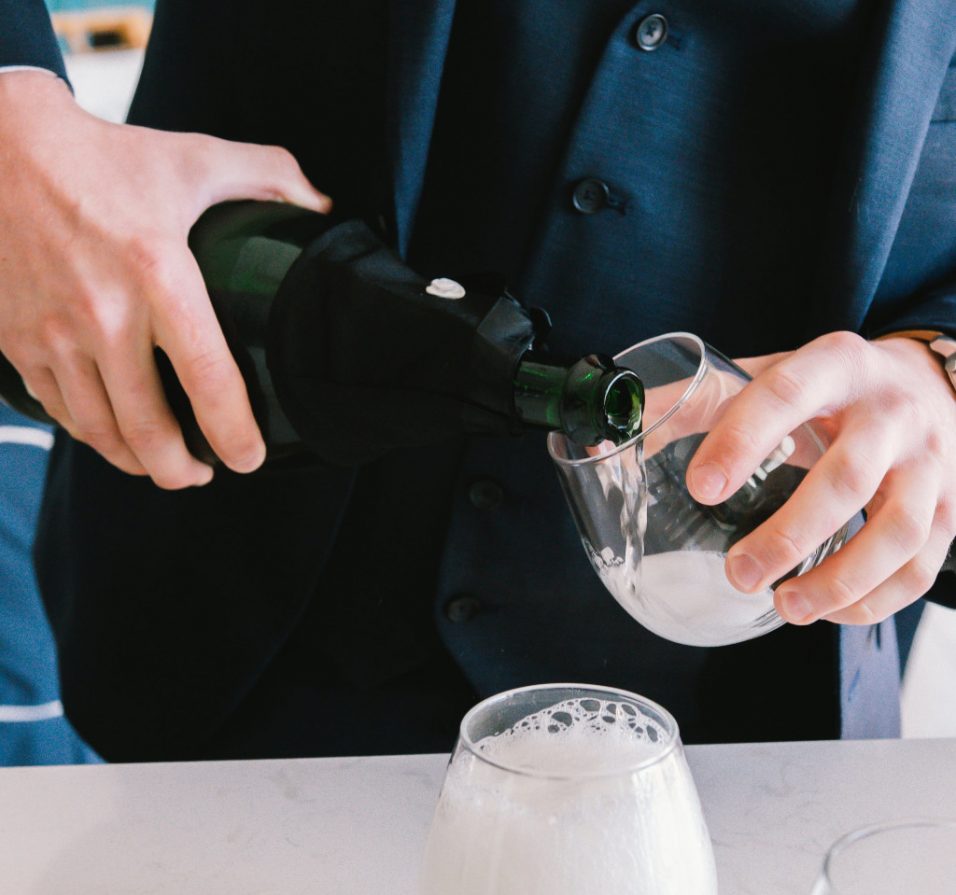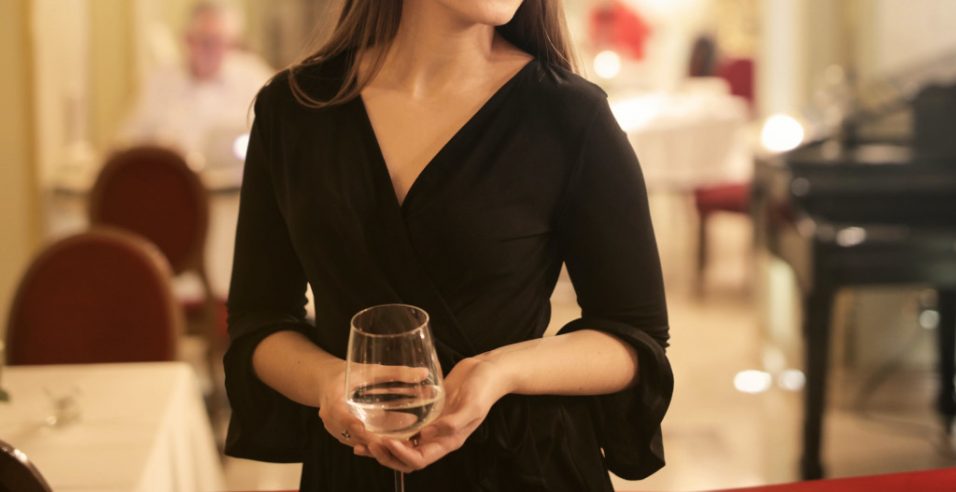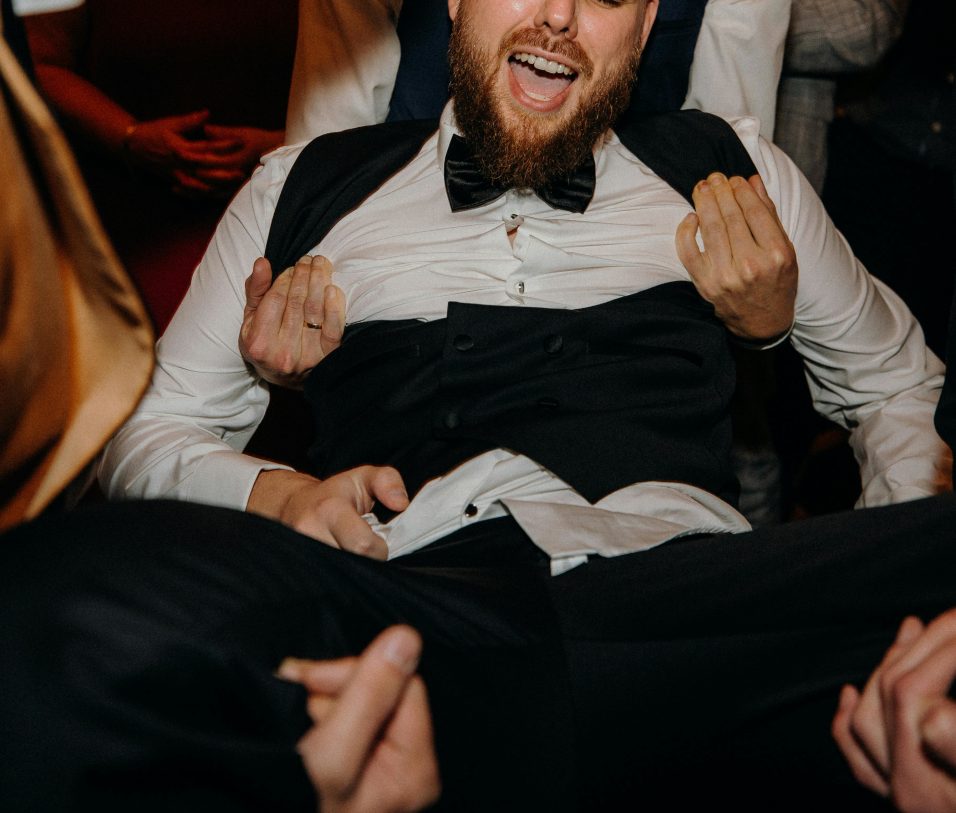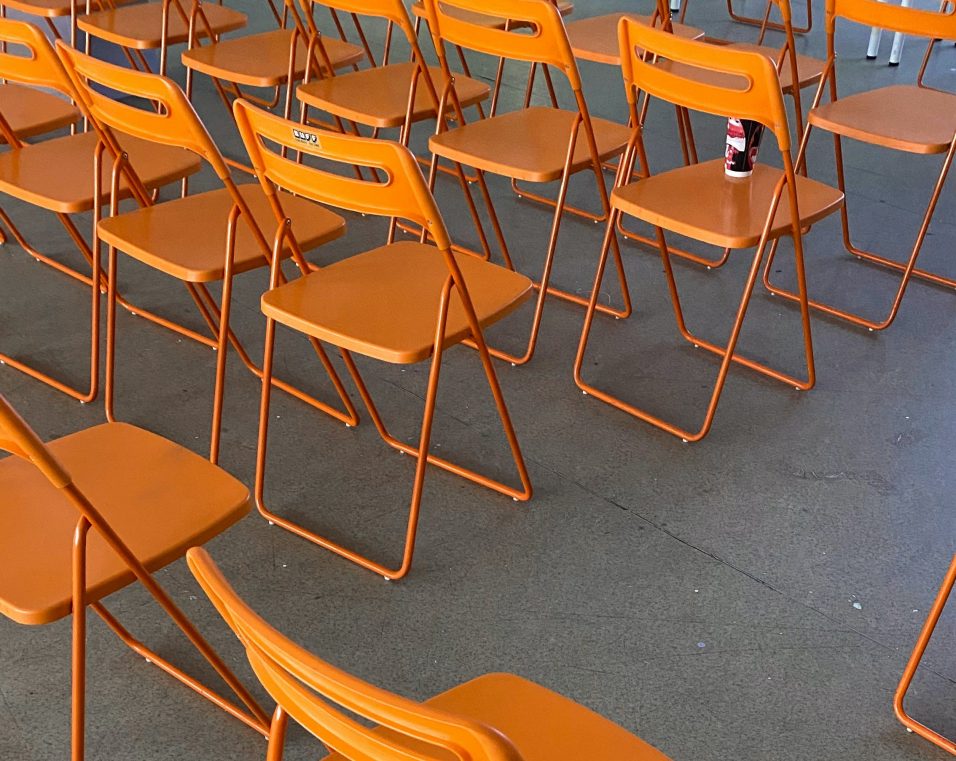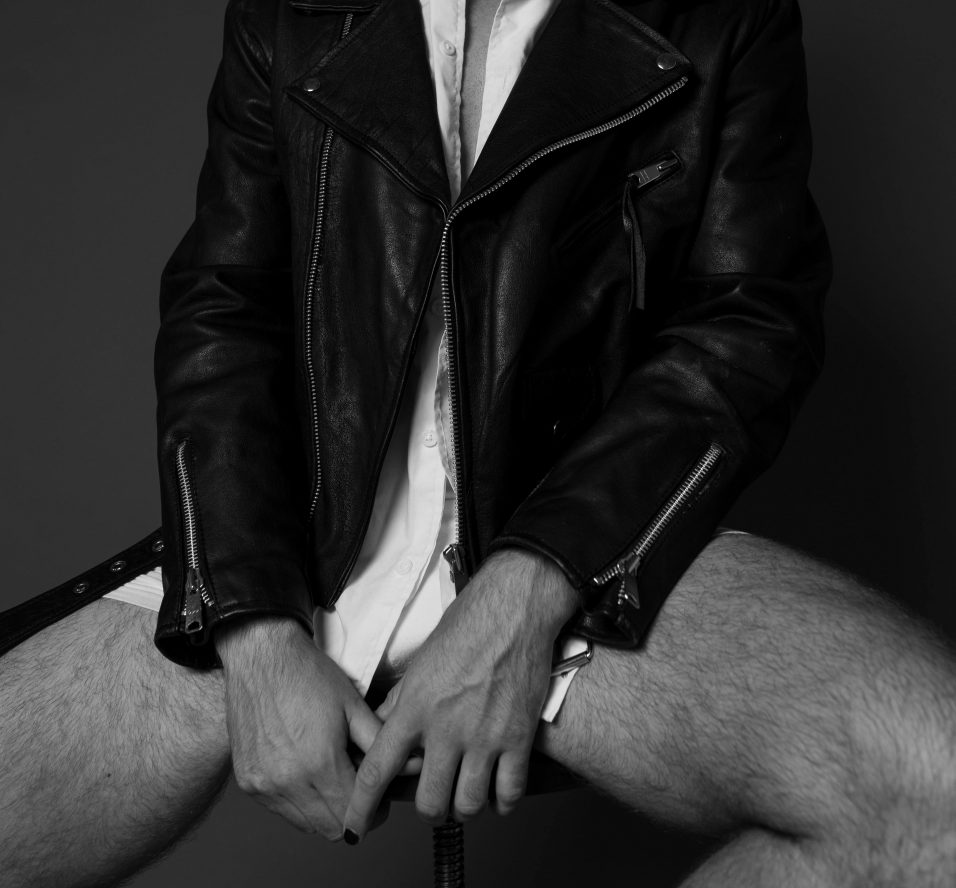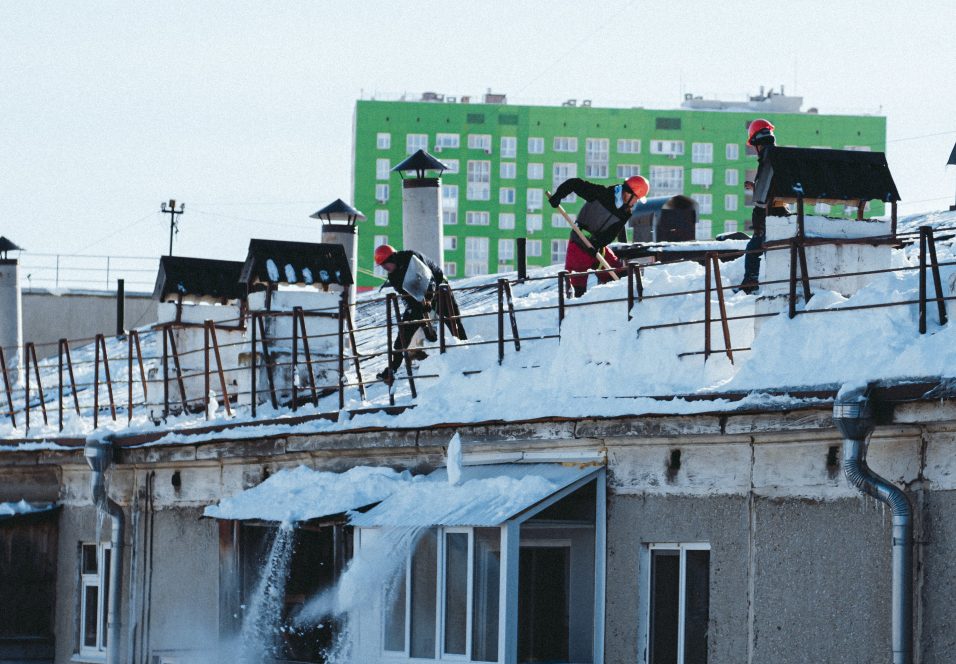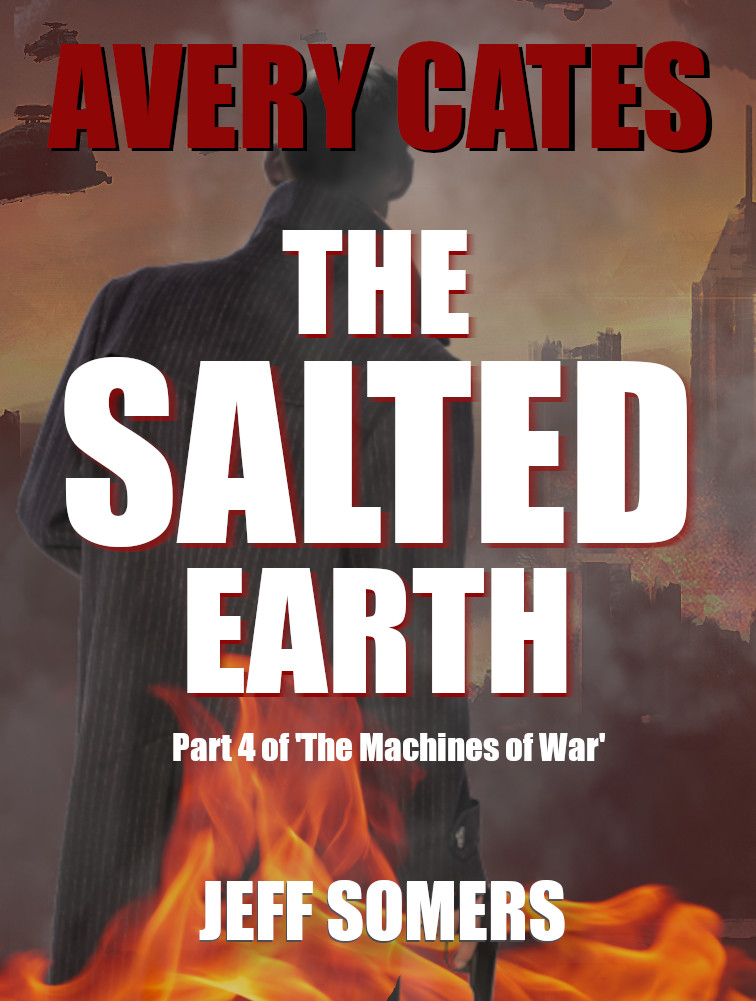The final novel in the latest Avery Cates series, The Machines of War, is coming out on November 15th (pre-order it!). The fourth novella that comprises that novel, The Salted Earth, will also be available then. Here’s the first chapter of that novella for your reading pleasure.
THE SALTED EARTH
Part Four of THE MACHINES OF WAR
a cute little Fuck You roaming the halls
“There,” Marko said, pointing with a spidery metal arm. “That’s what I’m talking about.”
I inhaled cigarette smoke and squinted down at the holographic map of the installation. “A power surge,” I said after a moment.
Marko opened his mouth, then hesitated. “Yes. A power surge we didn’t cause.”
I spent a profitable moment examining my constant urge to smack Marko in the face. He was, at this thinned-out point in my increasingly unlikely existence, my oldest friend, and one of exactly two people left to talk to. And I wanted to strangle him on a regular basis.
You should read his old evaluations, Marin whispered in my head. You’re not alone.
Smoke curled up between us and I marveled. Cochtopa was absolutely packed with cigarettes. They were shitty and System-grade, but I was making my way through them at an unhealthy pace.
“A glitch,” I said. “This place has been collecting dust for years. And we just murdered its AI administrator.”
Me, Marin whispered, sounding affronted. You murdered me.
Marko shook his head. The control center was enormous, clearly designed for dozens of people. It was a circular room with banks of black-box data storage lining the walls. Long desk-like stations with data cube ports and holographic displays filled most of the room, but with just one activated and only one and a half people moving in the space, I imagined I could feel the weight of the mountain above us, pushing down, making the air dense and difficult to breathe.
The fucking System. We were literally inside its corpse.
“Maybe,” Marko said in a tone of voice that both implied doubt and made the urge to hit him rise significantly. “But it’s not just some circuit flicker. It’s significant, and the pattern is the same each time.” He glanced at me as if he suspected I was contemplating violence. “Also, it’s moving.”
“You think it’s a problem.”
Marko hesitated again. I was glad he’d learned to be careful. It was beneficial to our relationship.
“I think we have superficial control over this installation,” he said. “I think the code base is mammoth and there are layers that go back to the earliest days of the System. I think there are technological iterations that came long after I was iced out of things. I think there may be security layers we’re unaware of. I think, in short, that there’s no operating manual for this place, and we should not be ignoring anomalies.”
I nodded, standing up. I drew one of the Roon 87s I’d picked up from the armory and cracked it, peering into the chamber. “Okay. Let’s check it out.”
He blinked. “What, now?”
“If the System has a cute little Fuck You roaming the halls, I’d rather know sooner than later,” I said. “Where is it?”
“Deep. Down in some unfinished chambers, the projects that stopped dead when everything crashed.”
I studied the map for a moment. It was an area I’d never been to before. I was looking forward to a slightly different shade of gloom, a slightly ranker scent of sulfur. I touched the earpiece that had become my constant companion “Moreau?”
Cochtopa was a tomb filled with tech. Covered in dust, wrapped in plastic, stacked high on palettes in underground vaults so large you shuddered to run into the machines that had created them, there was every conceivable toy. Earbuds that worked through thick stone walls underground, with no central server or satellite necessary? The ghost of the System had them. Guns? Every fucking where, and piles of ammunition. Implants, augments, prosthetics? Yes, and grim, buried surgical theaters in which to apply them. Moreau was attempting an audit, digging himself deeper into the guts of the mountain every day, and after years of scrabbling after every bullet and N-tab, I thought the endless supplies were starting to drive him crazy.
After a moment, Moreau’s voice was in my ear, breathless but without a hint of static. “Yeah?”
I tapped the earpiece. “Danni?”
“Boss?”
“Want to go on a bug hunt?”
####
Every new area we invaded yielded an astonishing amount of late-System tech. There was one room filled with electric buggies running off power cells, each one programmed to follow one of several thousand prescribed routes through Cochtopa. All you had to do was punch in the appropriate code and it took off, smoothly steering around obstacles as it raced through the halls and crevices of the mountain.
Moreau, naturally, filled most of the cabin, which had been designed for normal-sized people, or at least their normal-sized avatars. Danni was crushed against me, squeezed every time the buggy took a turn. Moreau, in a mood I’d almost call jubilant, bristled with firepower—every time we cracked open a crate and found something new he added it to his arsenal. As someone else who’d spent a lifetime searching for bullets and piecing together guns from leftover parts, saying quick prayers against explosions every time he squeezed the trigger, I understood the urge. You never knew when the last vestiges of civilization were going to collapse on top of everything that had already collapsed, after all.
Danni carried a single gun: A Roon model 13, an older weapon for a more settled time, designed to be small and more of a discouragement for panicked rich people than a deadly weapon. I was sure you could kill someone with it, with some determination or creativity, but I suspected Danni liked how light and easygoing it was, and I supposed if I had the ability to lift hovers off the ground with my thoughts I wouldn’t worry much about what fucking gun I had strapped to my thigh.
“If this is rats,” she said, sounding tired, “I’m going to kick your Mr. Marko in the balls.”
“He’s not my Mr. Marko anymore,” I said. “He belongs to all of us, now.”
The buggy slowed and came to a stop, jostling us as it rocked on its suspension. The door popped up, and I crawled stiffly out into one of the familiar tunnels that snaked through the installation, the floor polished and smooth, the walls rough, conduits and pipes running along both sides up near the ceiling. I popped up a map of the place on a small vidscreen I’d scrounged from some random supply closet and zoomed in on our location.
“End of the ride,” I said. “Looks like the buggy’s programmed not to go any further because it’s technically off-map—we’re headed into a section of Cochtopa that was never finalized and added to the grid.”
Moreau grunted. “Fuckin’ typical. We find rides, we can’t use ‘em. Universe fuckin’ hates us.”
“We’re still alive,” Danni suggested.
In unison, Moreau and I grunted. I gestured at the little floating map and it zoomed in on the last spot where the power surge had been detected. It glowed softly in a field of unbroken, blank black on the map.
“That’s an unfinished, late-stage expansion area,” Marko buzzed in my ear, sounding like he was right next to me. “Looks like they stopped work on this project abruptly shortly before you, er, pulled the plug on the whole world.”
I hesitated a moment. “Before,” I echoed.
“Yup. Based on the logs I’m able to parse from here, all work on Auxiliary Tech-AV Development Zone 344 was halted about sixteen days before you and Orel went at it.”
I looked up into the darkness stretching out before us.
“No lights,” Moreau rumbled.
“Not connected,” I said, trying to pinpoint the spot where the light failed and the tunnel vanished. “But there’s a power surge.” I looked at Moreau. He nodded and suddenly there was a shredder in his hands, the slight whine of its powerup loud and ominous in the low light, a billion pounds of rock and tech above our heads.
“Fuck us all,” Danni muttered, fishing out a pair of low-light goggles and handing them to me. “We get fucking murdered gaining access to this place, turns out someone else is just living here, in the near-total darkness?”
Slinging the goggles around my neck as she pulled a second pair out of her bag for herself, I shrugged. Spectacular Dan had seen some shit and lived through some rough years with me, but I was the original, and I was used to the never-ending buffet of shit the universe had waiting for us all. For a while I’d thought I’d opted out, rotting away in the wilderness, content with my part in ending the world, but here I was, dancing to the same tune as always. One more job. One more death. One more excruciating torture session, one more week spent eating dust and drinking runoff and seething.
She’d learn.
Within a few dozen feet, the smooth, polished floor gave way to an uneven path of gouged and pulverized rock. The ceiling sloped downward and the walls closed in until we were walking down a corridor just wide enough for the three of us and just tall enough for Moreau to stand up straight. The rest of Cochtopa had been designed for some legendary race of giants, your presence in every room echoing off the walls. This sudden return to human scale was oppressive.
The tunnel advanced for a few hundred feet. We all slipped our goggles on, everything outlined in light, glowy blue, the universe ray traced. After another few hundred feet, the tunnel abruptly ended at a serious-looking metal security door, bolted directly into the rock. There was no keypad, handle, or obvious locking mechanism.
“That,” Danni said cheerfully, “is a door you’re not supposed to open.”
“Mr. Marko? You see our position?”
After a moment, Marko’s voice buzzed in our ears. “Yeah, Avery. There’s no door on the schematics. No wiring, either. If I had to guess, it was put in place to seal off whatever’s behind it.”
There was a moment of silence.
“I think you’ll probably have to blow it.”
Moreau brightened. I held up a hand.
“Zeke, any files in there relating to a seismic study of this place? As in, will blowing shit up bring the fucking mountain down on our heads?”
Moreau looked around. “They built this place to be a fortress, Avery.”
I pointed back the way we’d come. “They built that to be a fortress, you fucking simp. They stopped building whatever this was supposed to be.”
Moreau shrugged off his pack and advanced on the door. “Better grab some cover, then.”
Danni and I exchanged glances. She shrugged. “I’ve been contemplating suicide recently anyway.”
I sighed. “The universe won’t let me go that easy.” Somehow I knew that my death would be excruciating and humiliating, not sudden and simple. It gave me a strange sense of invulnerability. I waved at Moreau, and he gleefully began pulling explosive gel from his pack. He’d been itching to use it ever since we’d discovered crates of it piled up in one of the many, many storage areas they’d built into the mountain.
Danni and I watched as a ghostly, blue-outlined Moreau worked on the door, applying the gel with clinical precision.
“Man loves his work,” Danni murmured.
“You didn’t become a Stormer unless you enjoyed cracking heads and blowing shit up,” I said. “Shit, Little Moreau was probably pulling wings off flies as a kid.”
Moreau turned and trotted back towards us, moving pretty fast and nimble for such a slab of a man. He knelt down. There was no cover to take, so Danni and I crouched behind him.
“You motherfuckers,” he muttered.
“Relax,” Danni said, sounding almost giddy, “I got you, big man.”
It was strange. We’d formed a kind of friendly gang, stuck together in the world’s most impressive, most useless fortress of modern tech. My whole universe had contracted to these three people, and the last remaining ghost in my head, flickering in and out like a long-distance signal you were moving away from.
When the door blew, the goggles turned everything blindingly white. I shut my eyes and turned away with a snarled curse, and a rush of wind pushed past me. There was an incredibly loud sound of the door smacking into the rock walls, and then an eerie silence.
I opened my eyes. The goggles took a moment to flicker back online. Where the door had been was a rectangular opening leading to darkness. Stepping forward, I drew the Roon and held it down by my thigh. A chill breeze pressed against us as we approached. Moreau had the shredder in his hands, pressing himself against the scarred, pitted wall to the left of the ruined doorway, and Danni hung back, hands up, ready to throw some weight around.
Crouching down, I pressed myself against the wall to the right, then leaned over to peer into the space beyond. The goggles outlined the space in fine detail. It was a large cavern, the jagged ceiling way above us. The floor was relatively flat, and covered in what initially appeared to be bundles or sacks. But it only took me a second to realize what they really were.
“Bodies,” I said quietly. “We’ve got bodies.”
Amazon | B&N | Kobo | Google Play


